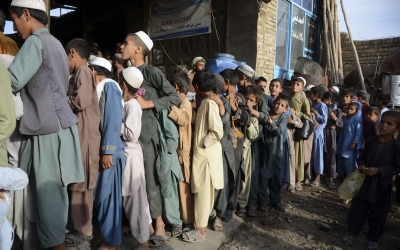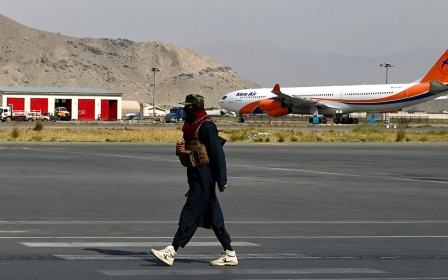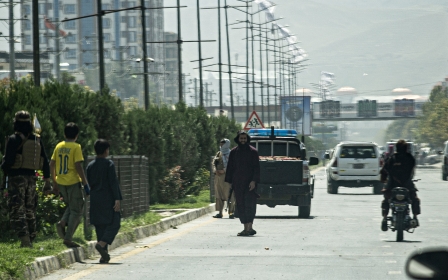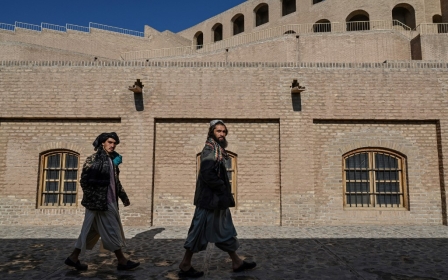US judge rules Afghan central bank assets cannot be awarded to 9/11 victims
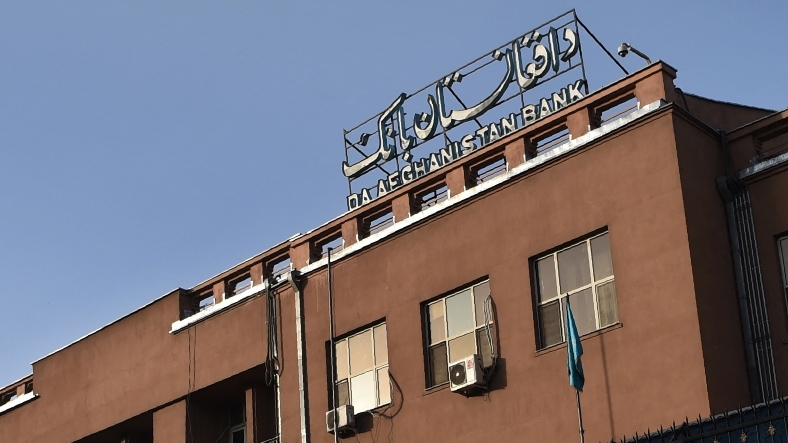
A US federal judge has ruled that family members of victims of the 9/11 attacks are not entitled to funds from Afghanistan's central bank, which were frozen by the Biden administration last year.
In the ruling on Tuesday, District Judge George Daniels said the court was "constitutionally restrained" from awarding the money seized from the Da Afghanistan Bank (DAB), as it would require an assessment that the Taliban is the legitimate government of Afghanistan.
"The judgment creditors are entitled to collect on their default judgments and be made whole for the worst terrorist attack in our nation’s history, but they cannot do so with the funds of the central bank of Afghanistan," the judge wrote.
"The Taliban — not the former Islamic Republic of Afghanistan or the Afghan people — must pay for the Taliban's liability in the 9/11 attacks."
Since the Taliban swept aside the US-backed government and took power in August 2021, the Biden administration has not recognised the group as the country's official ruling party.
In February 2022, the Biden administration issued a controversial executive order stating it would split $7bn in frozen assets from Afghanistan’s central bank between the Afghan people and families of 9/11 victims who sued the Taliban, leaving the victims to pursue the money in court.
The Taliban welcomed the ruling, saying that the money "must be returned without any terms and conditions".
"These assets belong to Afghanistan. There should be no excuse to freeze or to not return them to the people of Afghanistan," Bilal Karimi, a deputy government spokesman, told AFP.
'Money is theirs'
The decision serves as a defeat for four groups of creditors that sued a variety of defendants, including al-Qaeda, Osama bin Ladin and the Taliban, who they held responsible for the 9/11 attacks, and obtained default judgments after the defendants failed to show up in court.
The groups have been trying to tap into some of the billions of dollars of Afghan central bank funds that are frozen at the Federal Reserve Bank in New York.
"This decision deprives over 10,000 members of the 9/11 community of their right to collect compensation from the Taliban," said Lee Wolosky, a lawyer for one creditor group known as the Havlish plaintiffs. "We believe it is wrongly decided and will appeal."
The other creditor groups are also planning an appeal, a separate Tuesday court filing shows.
However, 77 family members of 9/11 victims sent a letter to the Biden administration last August saying that "any use of the $7 billion to pay off 9/11 family member judgments is legally suspect and morally wrong".
The victims' families said that while they had filed lawsuits seeking justice for their loss, they didn't intend for the compensation "to take money away from starving Afghans".
"This money is theirs, not ours," the letter said. "Simply put, this money belongs to the Afghan people, not 9/11 family members - and they need it more."
Middle East Eye propose une couverture et une analyse indépendantes et incomparables du Moyen-Orient, de l’Afrique du Nord et d’autres régions du monde. Pour en savoir plus sur la reprise de ce contenu et les frais qui s’appliquent, veuillez remplir ce formulaire [en anglais]. Pour en savoir plus sur MEE, cliquez ici [en anglais].


